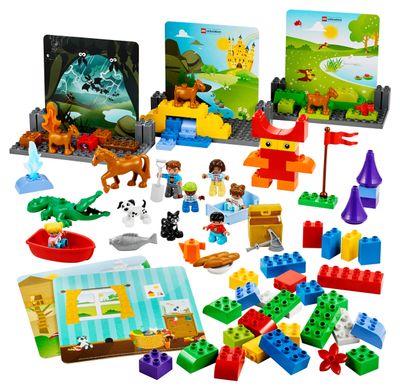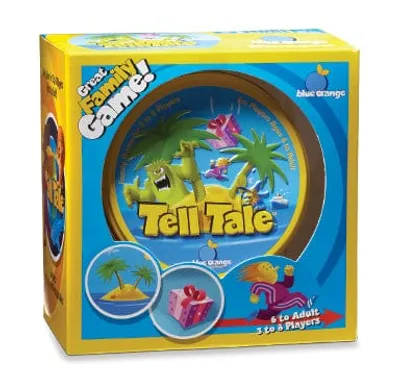Home
Story Like a Journalist



Story Like a Journalist
Current price: $46.00
Loading Inventory...
Size: Paperback
Approach planning your novel the way a journalist plans out writing a news piece. They figure out what they will need to research for the piece, and decide how they will structure that research into a narrative. They decide on a format for the story's lede (opening designed to draw the reader in) and structure the story to follow up on the questions presented in that lede. They document everything, so that they can verify the accuracy of everything they present. You can do the same for your fiction.
This workbook serves as a full self-paced writing course, presenting theory on each aspect of the world/characters you are trying to create - and then offering step-by-step worksheets that allow you to apply what you just learned. The instructional material is designed to give you a basic foundation in creative writing craft so that you understand how to build an effective story using the information you add into the worksheets.
The Master Collection gives you access to all five
volumes, for a total of over 100 worksheets. Get ready to take a deep dive into your story, its characters and its world. The journalistic planning strategies in the book take you from determining the best protagonist for your story to imbuing your work with meaning.
The book walks you through each of these processes:
WHO are these people who've showed up demanding a place in your novel, anyway? You know they have a story to tell, and for some specific reason, you are the writer in the best position to tell it.
WHAT is this story about? Premise define the heart of your story. You need a keystone to hold onto, so you don't get lost in all the things your story COULD be. Premise is your keystone, and it works like the legend for a road map.
WHEN and WHERE the heck are your characters? They have to be somewhere, waiting for the story to start. And that place shouldn't be random. Setting makes the story specific, and allows readers to feel like your characters are real people, living real lives in a certain time and place.
A plot that doesn't build to a theme is hollow, no matter how much excitement you build into the on-page action, there's no substance so the story won't be memorable. A character contemplating a theme without the framework of a plot is drifting, no matter how much she has to say, there's nothing concrete to prove her points or to challenge them. Her ideas just slip away. But when you get HOW and WHY working together, you can build a pattern of events and meaning that will touch our emotions and maybe even change the way we think.


















